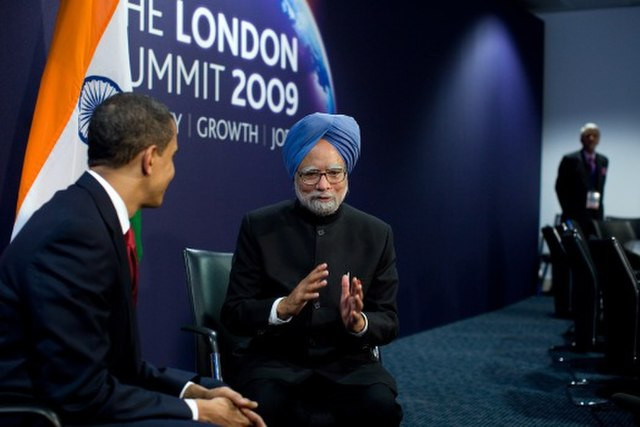Manmohan Singh, the economist-turned-politician who served as India's prime minister for a decade and spearheaded transformative economic reforms as finance minister, passed away on December 26 at the age of 92. The All India Institute of Medical Sciences (AIIMS) in New Delhi confirmed his death, citing a sudden loss of consciousness at home as the precipitating event.
Singh, known for his humility and integrity, was being treated for age-related ailments and was pronounced dead at 9:51 p.m. local time, despite resuscitative efforts both at home and in the hospital.
India's Prime Minister Narendra Modi mourned Singh's death, calling him "one of India's most distinguished leaders" and praising his legacy. "As our Prime Minister, he made extensive efforts to improve people's lives," Modi said in a post on X. Modi also highlighted Singh's contributions to economic policy and commended his wisdom and humility.
Born in 1932 in what is now Pakistan, Singh overcame humble beginnings to rise to the pinnacle of Indian politics. A bright student, he studied by candlelight in his early years before earning scholarships to Cambridge University and later Oxford, where he completed a doctorate on trade and exports in India's economy.
Singh's professional journey began in academia and economics. He served as the governor of India's central bank and as a government adviser before his unexpected entry into politics. In 1991, then-Prime Minister P.V. Narasimha Rao appointed him finance minister during a severe balance-of-payments crisis.
As finance minister, Singh spearheaded sweeping economic reforms, including deregulation, reduction of trade barriers, and a pivot away from protectionist policies. These measures laid the foundation for India's rapid economic growth in subsequent decades.
Singh's ascent to the prime ministership in 2004 was equally unforeseen. Sonia Gandhi, the leader of the Indian National Congress party, chose him to lead the government after her party's surprising electoral victory. Gandhi, wary of potential political attacks due to her Italian origin, opted to remain behind the scenes while Singh became the public face of the administration.
During his tenure as prime minister, Singh presided over an unprecedented period of economic expansion. His government introduced welfare programs aimed at reducing rural poverty and forged a landmark nuclear deal with the United States in 2008, a milestone in U.S.-India relations.
However, his tenure was not without challenges. Efforts to further liberalize the economy were stymied by internal party disputes and demands from coalition partners. In 2012, Singh's government lost its majority when a key ally withdrew from the coalition, protesting the entry of foreign supermarket chains into the Indian market. By 2014, the Congress party was decisively defeated by Narendra Modi's Bharatiya Janata Party.
In his final months in office, Singh maintained that he had done his best for the nation. "I honestly believe that history will be kinder to me than the contemporary media or, for that matter, the opposition parties in parliament," he remarked at a press conference.
After stepping down, Singh adopted a low profile, rarely participating in public or political discourse. He is survived by his wife and three daughters.




